Fueling Your Cycling Journey: Nutrition and Hydration
Introduction
Cycling is an incredible sport that demands physical endurance and mental strength. To excel in this challenging activity, it’s crucial to pay attention to your nutrition and hydration. As an avid cyclist myself, I understand the importance of fueling your body properly for optimal performance and recovery. In this article, I will share valuable insights and suggestions on how to fuel your cycling journey with the right nutrition and hydration strategies.
Understanding the Importance of Nutrition and Hydration for Cyclists
Why Nutrition Matters
When you hop on your bike and hit the road, your body becomes a machine that requires fuel to function efficiently. Proper nutrition ensures that your muscles have the necessary energy to perform at their best. Consuming the right balance of macronutrients, such as carbohydrates, proteins, and fats, is crucial for sustaining energy levels and enhancing endurance.
Why Hydration Matters
Hydration is equally essential for cyclists as it affects performance and overall well-being. When you sweat during your rides, your body loses water and electrolytes. Dehydration can lead to fatigue, muscle cramps, and even heat exhaustion. Staying hydrated helps maintain optimal body temperature, promotes cardiovascular health, and improves your overall cycling experience.
Pre-Ride Nutrition and Hydration
To fuel your cycling journey, it’s important to focus on pre-ride nutrition and hydration strategies.
Meal Timing
Timing your meals before a ride plays a significant role in optimizing performance. Ideally, you should consume a balanced meal containing carbohydrates and proteins two to three hours before your ride. This allows your body to digest and absorb the nutrients, providing sustained energy throughout your cycling session.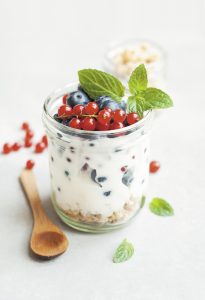
Carbohydrates and Proteins
Carbohydrates are the primary source of energy for cyclists. Include complex carbohydrates like whole grains, fruits, and vegetables in your pre-ride meal. They provide sustained energy and prevent premature fatigue. Additionally, proteins are crucial for muscle repair and recovery. Include lean proteins like chicken, fish, or plant-based alternatives to support muscle health.
Hydration Strategies
Proper hydration starts even before you hop on your bike. Drink plenty of water in the hours leading up to your ride to maintain optimal hydration levels. It’s recommended to consume around 16-20 ounces of water two to three hours before your ride. Additionally, consider electrolyte-rich drinks or sports beverages to replenish electrolytes lost through sweat.
Fueling During Your Ride
Sustaining energy levels during your ride is vital for maintaining performance and preventing fatigue. Here are some strategies for on-bike nutrition and hydration.
On-Bike Snacks and Drinks
During longer rides, it’s essential to refuel with easily digestible snacks and drinks. Carry energy bars, gels, or fruit for quick and convenient sources of carbohydrates. These snacks provide a burst of energy and help replenish glycogen stores. Sip on water or sports drinks regularly to stay hydrated and maintain electrolyte balance.
Electrolyte Replacement
Electrolytes play a crucial role in maintaining proper muscle function and hydration. When you sweat, you lose essential electrolytes like sodium, potassium, and magnesium. Consider electrolyte tablets or powders to replenish these minerals during your ride. They help prevent cramping and maintain electrolyte balance, especially during longer rides in hot conditions.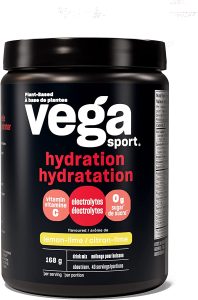
Avoiding Bonking
Bonking, also known as hitting the wall, is a state of extreme fatigue caused by depleted glycogen stores. To avoid bonking, it’s important to consume carbohydrates throughout your ride. Aim for approximately 30-60 grams of carbohydrates per hour, depending on the intensity and duration of your ride. Energy gels, chews, or homemade snacks can be effective options to keep your energy levels steady.
Recovery Nutrition and Hydration
Post-ride recovery is crucial for replenishing energy stores and supporting muscle repair. Consider the following strategies for optimal recovery.
Post-Ride Meal
Within 30-60 minutes after your ride, consume a well-balanced meal to kickstart the recovery process. Include a combination of carbohydrates and proteins to replenish glycogen stores and promote muscle repair. Opt for nutrient-dense foods like lean meats, whole grains, fruits, and vegetables.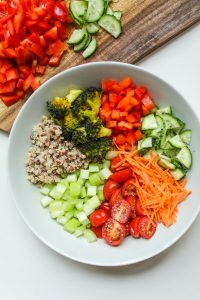
Rehydration
Replenishing fluids lost during your ride is essential for recovery. Drink water or a sports beverage to rehydrate your body. Monitor the colour of your urine as an indicator of hydration status. Clear to pale yellow urine is a good sign of proper hydration.
Rest and Sleep
Don’t underestimate the power of rest and sleep in your recovery process. Allow your body enough time to rest and repair. Aim for 7-9 hours of quality sleep each night to support overall recovery, muscle growth, and immune function.
Supplementing Your Nutrition
While a well-balanced diet should be your primary source of nutrients, certain supplements can complement your nutrition plan.
Energy Gels and Bars
Energy gels and bars provide a convenient source of quick energy during your rides. They are easily digestible and often contain carbohydrates and electrolytes. However, they should supplement your whole food intake rather than replace it entirely.
Electrolyte Supplements
If you struggle with maintaining electrolyte balance during intense rides or in hot weather, electrolyte supplements can be beneficial. Look for supplements that contain sodium, potassium, magnesium, and other essential minerals.
Protein Powders
Protein powders can aid in muscle repair and recovery. They are convenient for post-ride meals or as a snack when whole food options are not readily available. Choose high-quality protein powders that suit your dietary preferences.
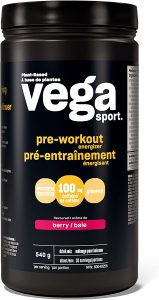
Tailoring Nutrition to Your Needs
Each cyclist is unique, and nutritional needs may vary. Consider the following factors when tailoring your nutrition plan:
Individual Differences
Factors like age, weight, gender, and metabolism can influence your nutritional requirements. Listen to your body’s cues and experiment with different strategies to find what works best for you.
The Importance of Hydration
Cycling is a high-intensity activity that can cause dehydration quickly. When we cycle, we sweat, and this sweating causes us to lose valuable fluids and electrolytes from our body. Therefore, it is important to stay hydrated during a cycling journey. The question is, how much fluid should you consume, and what should you consume?
The answer is that it varies from person to person, as there is no one-size-fits-all approach to hydration. However, a general rule of thumb is to consume around 500 ml of fluid per hour of cycling, depending on the intensity of the ride and the climate. Additionally, it is important to keep in mind that thirst is not a reliable indicator of dehydration. Therefore, it is better to be proactive and drink fluids regularly during your ride.
In terms of what to consume, water is the most important fluid for hydration. However, when cycling for longer periods, the body also loses electrolytes such as sodium, potassium, and magnesium. Therefore, it is important to consume fluids that contain electrolytes as well. Sports drinks are a good option as they contain a mixture of water, carbohydrates, and electrolytes. Alternatively, you can also add an electrolyte tablet to your water bottle.
Fueling Your Cycling Journey: Nutrition
Cycling is a physically demanding activity that requires a lot of energy. Therefore, it is important to consume foods that provide sufficient energy for the body. The type of food and the amount of food required depend on the duration and intensity of the ride.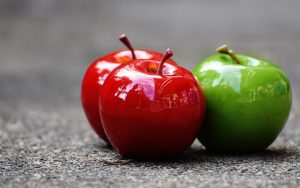
A general rule of thumb is to consume 30-60 grams of carbohydrates per hour of cycling, depending on the intensity of the ride. This can be in the form of energy bars, gels, or fruit. It is important to consume carbohydrates regularly during the ride, rather than waiting until you feel hungry.
Protein is also an important nutrient for cyclists as it helps repair and build muscle tissue. Therefore, it is a good idea to consume protein-rich foods after your ride to aid in recovery. Some good options include eggs, lean meats, nuts, and beans.
Additionally, it is important to consume foods that are easy to digest, as cycling can cause gastrointestinal distress. Foods that are high in fiber or fat should be avoided, as they can take longer to digest and cause discomfort during the ride.
Conclusion
In conclusion, proper nutrition and hydration are essential for a successful cycling journey. It is important to stay hydrated by consuming fluids regularly and to consume foods that provide sufficient energy for the body. Additionally, it is important to consume foods that are easy to digest and avoid foods that can cause gastrointestinal distress. By following these guidelines, you can fuel your cycling journey and enjoy the ride.
FAQs
What should I drink to stay hydrated during a cycling journey?
Water is the most important fluid for hydration. However, when cycling for longer periods, it is important to consume fluids that contain electrolytes as well. Sports drinks are a good option as they contain a mixture of water, carbohydrates, and electrolytes.
How much fluid should I consume during a cycling journey?
A general rule of thumb is to consume around 500 ml of fluid per hour of cycling, depending on the intensity of the ride and the climate.
What should I eat during a cycling journey?
It is important to consume foods that provide sufficient energy for the body, such as energy bars, gels, or fruit. Additionally, it is important to consume foods that are easy to digest and avoid foods that can cause gastrointestinal distress.
When should I consume carbohydrates during a cycling journey?
It is important to consume carbohydrates regularly during the ride, rather than waiting until you feel hungry. A general rule of thumb is to consume 30-60 grams of carbohydrates per hour of cycling, depending on the intensity of the ride. This can be in the form of energy bars, gels, or fruit. By regularly consuming carbohydrates during your cycling journey, you can help maintain your energy levels and sustain performance.

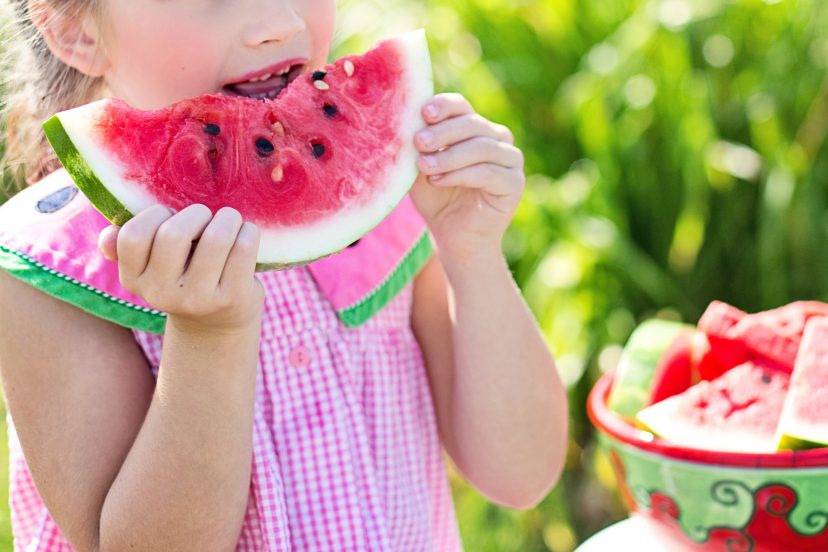
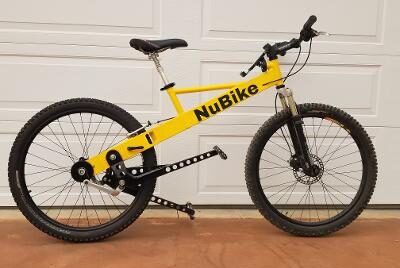

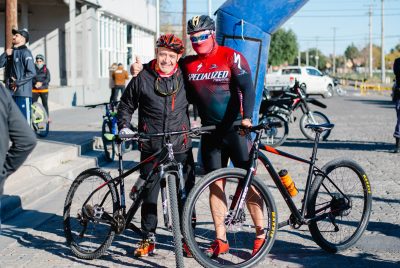
Comments are closed.